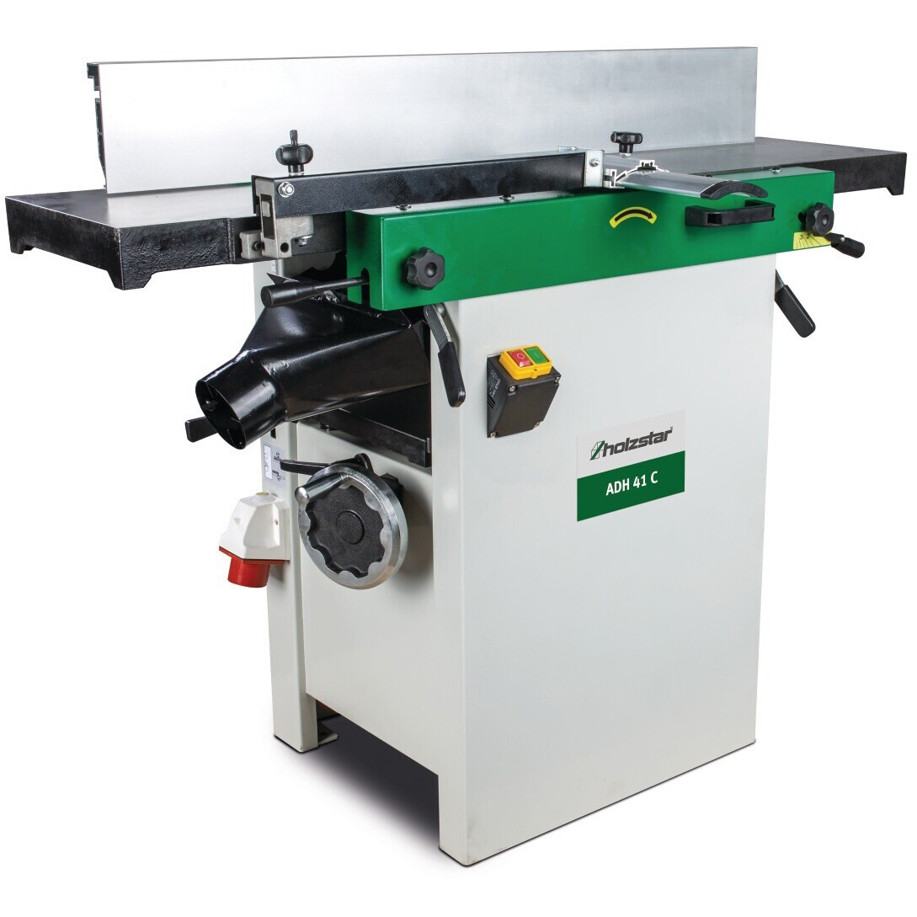Affordable Planers and Thicknessers: A Comprehensive Guide for Woodworkers
Woodworking lovers know that having the right tools is necessary for producing high-quality tasks. Among these tools, planers and thicknessers play a vital role in achieving smooth, even surfaces on lumber. Nevertheless, discovering budget-friendly options in the market can often be a challenge. Maschinen Set Mit 3 Akkus aims to provide an extensive analysis of cheap planers and thicknessers, helping woodworkers make a notified decision without breaking the bank.
Understanding Planers and Thicknessers
Before diving into the inexpensive options, it's essential to comprehend what planers and thicknessers are, how they function, and their differences.
What is a Planer?
A planer is developed to shave wood down to a preferred thickness and to develop a smooth, flat surface. It can remove material from one side of a piece of lumber, leveling it while doing so. Planers can be hand-held or benchtop models, with automated feed alternatives available.
What is a Thicknesser?
A thicknesser, often referred to as a thickness planer, is specifically focused on achieving an uniform thickness throughout the entire width of the wood. While it can likewise smooth surface areas, its main purpose is to trim the lumber down to an accurate thickness. These machines can be important for woodworking applications where exact dimensions are a must.
Secret Differences: Planer vs. Thicknesser
| Feature | Planer | Thicknesser |
|---|---|---|
| Purpose | Smoothing and leveling | Achieving uniform thickness |
| Style | Can be portable or stationary | Typically larger and more robust |
| Feed Mechanism | May vary (manual or automated) | Often has a built-in feed system |
| Perfect Use Cases | Flattening surfaces | Preparing lumber for final dimensions |
Why Choose Cheap Options?
High-quality planers and thicknessers can cost hundreds and even thousands of dollars. However, lots of affordable options exist today that offer exceptional performance without jeopardizing too much on quality.
Benefits of Using Affordable Tools
- Cost-Efficiency: Save money while still obtaining tools capable of handling numerous woodworking tasks.
- Ease of access: Ideal for enthusiasts who want to experiment without a high initial investment.
- Entry-Level Use: Perfect for newbies to woodworking who may not yet need professional-grade devices.
Recommended Affordable Planers and Thicknessers
Here's a list of a few of the very best affordable alternatives for planers and thicknessers currently readily available on the market:
Affordable Planers
| Model | Price Range | Secret Features | Best For |
|---|---|---|---|
| DeWalt DCP580B | ₤ 150 - ₤ 200 | Cordless, double-sided blade, ergonomic design | General woodworking |
| Makita 1806B | ₤ 180 - ₤ 260 | Powerful 15-amp motor, adjustable depth, light-weight | Do it yourself projects |
| Bosch PL1632 | ₤ 120 - ₤ 170 | 6.5-amp motor, easy blade modification, dual-grip style | Small jobs and trims |
Budget-friendly Thicknessers
| Model | Price Range | Secret Features | Best For |
|---|---|---|---|
| DeWalt DW734 | ₤ 400 - ₤ 500 | 15-amp motor, 3-blade design, adjustable height stop | Flexible thicknessing |
| Wen 6550T | ₤ 300 - ₤ 400 | 15-amp motor, portable style, large infeed and outfeed | Beginners and enthusiasts |
| Delta 22-550 | ₤ 450 - ₤ 600 | 13-inch cutting width, adjustable conveyor speed | General wood preparation |
Considerations When Buying Cheap Planers and Thicknessers
Before buying, there are a number of crucial factors woodworkers should think about to guarantee they invest carefully:
- Power: Look for a machine with enough power rating suitable for your planned workload.
- Cutting Width: Ensure the width meets your task requirements, specifically for larger dimensions.
- Develop Quality: Even at lower rates, you desire the machine to have a durable develop to stand up to routine use.
- Blade Options: Consider models that permit easy blade replacement; they can conserve money and time in the long run.
- Portability: If you have limited area, compact and portable models can help optimize your workshop.
Frequently asked question Section
1. What's the distinction in between a planer and a thicknesser?
A planer primarily levels and smoothens surface areas on one side, while a thicknesser cuts wood to an uniform thickness across the whole board.
2. Are cheap planers and thicknessers reliable?
While more affordable designs may lack some sophisticated functions, lots of economical choices can provide dependable efficiency for home use and light professional work.
3. Can I utilize a planer on hardwood?
Yes, a lot of planers can handle hardwood, however make sure that your model has sufficient power and quality blades for the best outcomes.
4. How typically should I alter the blades?
It's suggested to check the condition of your blades regularly. Change them when they reveal indications of dullness or splintering in the cut.
5. Can I use a thicknesser for rough-sawn lumber?
Yes, a thicknesser is perfect for processing rough-sawn lumber into dimensioned boards.
Picking an inexpensive planer or thicknesser does not suggest jeopardizing on quality. By considering the right functions and alternatives tailored to your woodworking needs, it is possible to find reliable tools that won't clear your wallet. Whether you're an enthusiast or aiming to enhance your workshop's abilities, these budget-friendly tools can assist in smoother, more accurate woodworking adventures. Delighted crafting!

